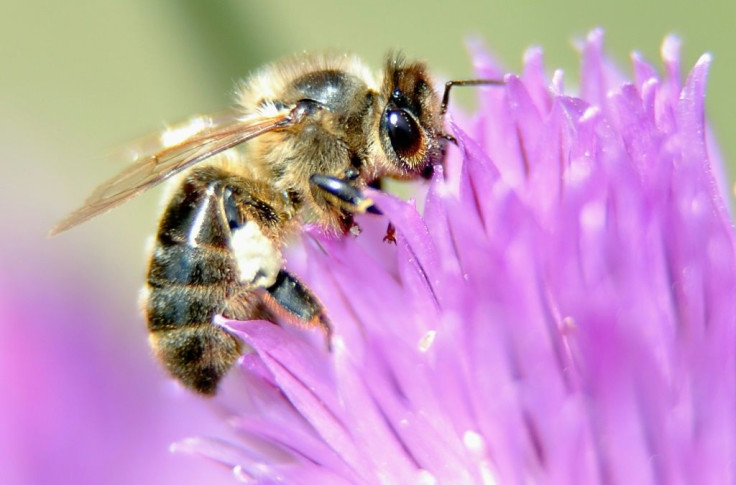Insect Populations Declining By 9% Every Decade, Scientists Warn

KEY POINTS
- Insect population has been declining by 9% every decade
- Population if insects will decrease by 50% in 75 years
- Population decline happens the most in areas affected by human activity
A new study warned that insect populations across various regions are declining significantly every decade. According to the authors of the study, areas where population decline is happening the most are those that are largely affected by human activity.
The study was published in the journal Science. It features an analysis of long-term surveys conducted on insect populations from 1925 to 2018.
Over the course of this period, over 166 surveys were carried out in 1,676 different sites. After analyzing the data collected through the surveys, a team of scientists discovered that about 0.92% of insect populations have been declining every year. This data translates to a decline of 9% every 10 years.
Although 0.92% a year doesn’t seem like a lot, insect populations will suffer a drastic decrease in the future if this trend continues. In about 30 years, the entire population will drop by about 24%. Then, in 75 years, the scientists projected that the insect population could decrease by about 50%.
“Insect declines happen in a quiet way and we don't take notice from one year to the next,” ecologist Roel van Link of the German Center for Integrative Biodiversity Research and lead author of the study said in a statement.
“It's like going back to the place where you grew up. It's only because you haven't been there for years that you suddenly realize how much has changed, and all too often not for the better,” he added.
After going through their data, the scientists were able to identify the types of insects that are most affected by the population decline. According to the study, flying and ground-dwelling insects experienced the most significant decline in population.
Many of these types of insects live in areas affected by urbanization and human activity, which have been identified as the regions where population declines occur the most.
Insects that live in trees, on the other hand, have relatively stable populations according to the survey. Most of these kinds of insects live in protected sites, which means they are unaffected by the presence and activities of humans.
© Copyright IBTimes 2025. All rights reserved.





















